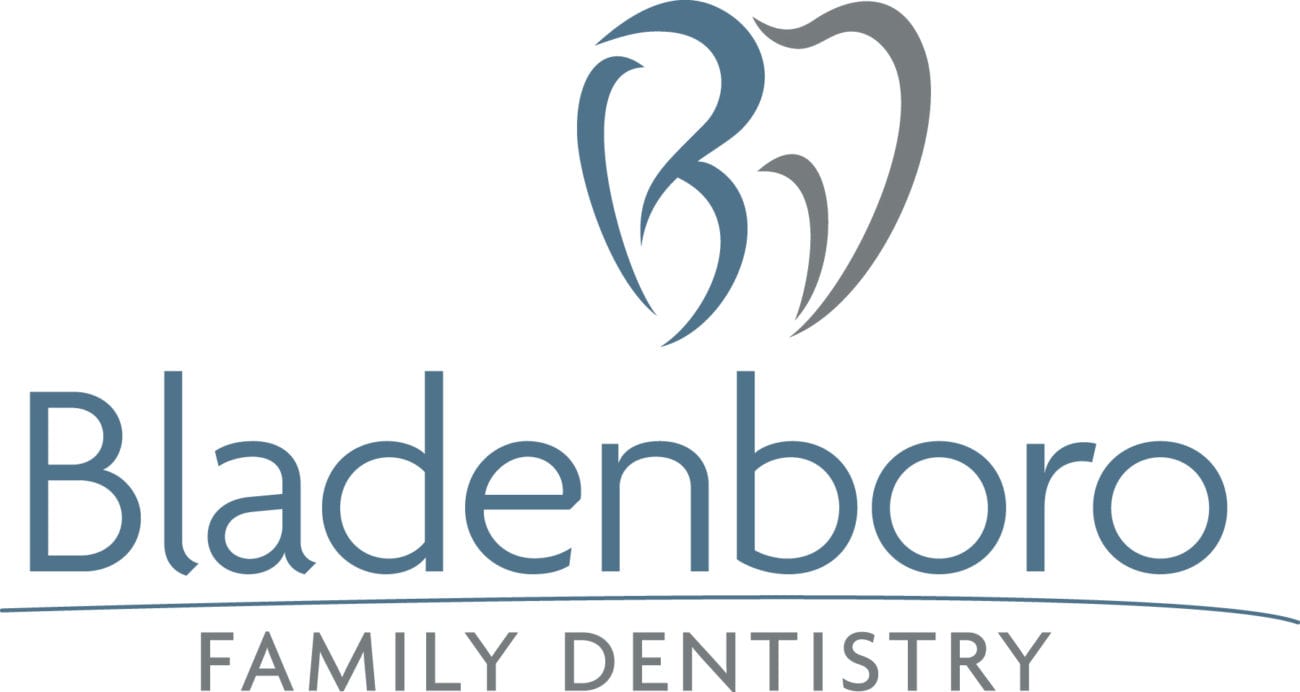A recent study in Oral Health & Preventative Dentistry suggests that treating gingivitis in pregnant individuals lowers the chances of pre-term births and increases birth weights. Though pregnant people have many health concerns on their plate, this research points out that their oral health should not be forgotten.
About half of American adults suffer from gum disease, an infection affecting the gum tissue. And these patients often do not realize the impact this can have on the entire body.
Gingivitis, the early stage of gum disease, will give patients inflamed gums that can link with the body’s inflammatory response. And this can affect other conditions in the body, including pregnancy. Read on to learn more about gingivitis and how to protect your gum health.

Do I Have Gingivitis?
Because gum disease, including its early phase gingivitis, plays a major role in your overall health, especially when pregnant, you will want to know the signs that you have this oral infection. In many cases, patients present with inflamed gums when they contract gum disease. They can see swelling, soreness, bleeding, and other irritations in their gum tissue.
While these can occur for acute reasons, like harsh teeth brushing, if they persist and seem chronic, these symptoms likely point to gum disease. However, not all people with gum disease will experience noticeable symptoms. It could occur without the patient’s knowledge but will still cause damage to your smile.
So visit your dentist on a regular basis for a periodontal disease screening during your routine check-up. The dentist can examine your smile, diagnose gum disease, and intervene early to treat it before it wreaks havoc on your oral health.
How Can I Treat Gum Disease?
Gum disease does not go away on its own, and you will need intervention from a dentist to treat this infection. With a diagnosis after a check-up, a dentist can start treating it right away. It is easier to treat with this prompt identification, so do not delay calling your dentist if you notice any issues in your gums.
The dentist will begin with a thorough cleaning technique called scaling and root planing. This will involve clearing away excess plaque and bacterial build-up, especially deep in the gum pockets. It will stop the spread of infection as well as irreversible damage like gum recession.
The dentist may also give you an antibacterial rinse to further balance the natural oral bacteria in your mouth. This reduces the chance of another infection and alleviates uncomfortable periodontal problems.
How Can I Protect My Gum Health?
You can keep your gums healthy and lower your risk for infection with good at-home oral health care. Practice good oral hygiene to prevent bacteria from spreading. You might want to use an antibacterial mouthwash to further protect your gums from infection.
Attend routine appointments with your dentist to maximize this preventative care for your gums. You might need a custom treatment plan to best preserve your unique smile.
